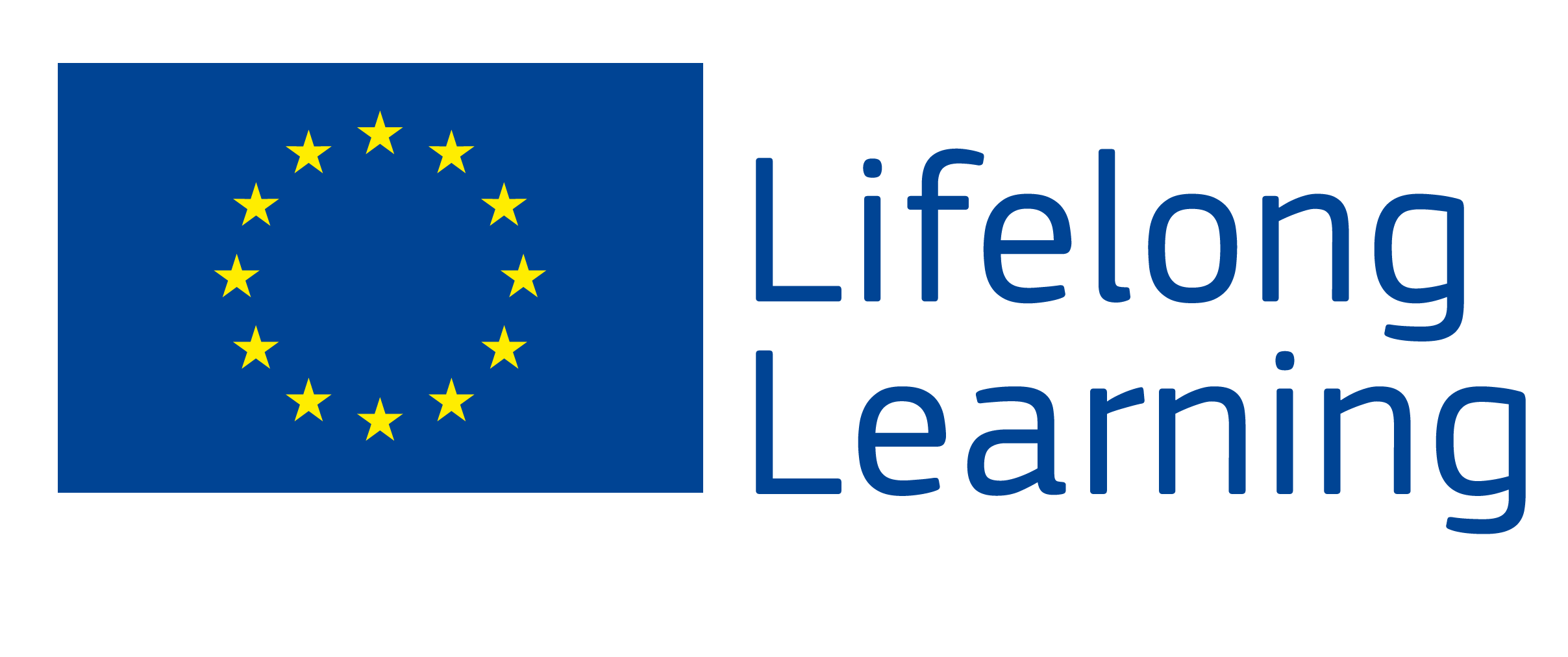Diversity is normal
Parents often have questions about the development of their own child: One in 14 toddlers might cause significant worries for their parents, or professionals might indicate developmental problems. For you as a parent it is important to know, that – from the very beginning – children follow individual developmental traces and that this diversity in development is something normal.Also it could be important to know for you as a parent that the diversity in development increases with the age of your child: no child resembles some other – this also refers to developmental steps: Comparable to all other children your child follows his or her individual developmental pace. As a parent – during the first months of life of your child you might raise questions about growth or nutrition, later on about speech development or social behavior.
In addition parents differ regarding this aspect: Some might follow a strategy of "wait and see", others might be alarmed at very early stages. This aspect also depends on own experience as a parent (e.g. if there are older siblings) or on the sex of the child: Parents tend to wait longer (related to support) if the child is a boy, even if boys usually show higher vulnerability and earlier need of support.
Many parents might refer to so-called developmental mile-stones: sitting without support, walking, eye-contact, being interested in specific games or speech development. Sometimes we can observe that children might have to give up some already acquired skills to learn new ones. Take into consideration that a not every small developmental diversity represents a significant disability.
However, for parents it should be important: "Better support earlier, than treat later!" It is not considered a parental weakness, if you ask for help: Support might be obtained by your family doctor or pediatrician, by experts in developmental centers, counseling services, Early Intervention Centers, social workers, speech or physiotherapists –or by talking to a friend of yours. Most of the parents do not know how may support services are available and how many parents seek help and support for their child: Germany-wide each 3rd child needs some kind of support.
Usually children with special needs or developmental problems follow the same developmental path as typically developed toddlers: however their developmental pace might be slower. For you as a parent it is important to know how you are able to create developmentally adequate daily life situations, how you as parents can address empathically the needs of your child and foster autonomy of your child (e.g. within play-situations or participation of your child within your daily life activities).
A stable attachment is crucial right from the start. If your child experiences a stable attachment, it can actively turn to the environment.
Some ideas for you as parents:
- Think in a preventive way: „Better support earlier, than treat later!”
- Dare to ask questions: It is not considered a weakness, if you ask for help!
- Daily life for children with special needs should not become a pure therapeutic setting!
- Don`t forget your own needs – as parents!
- Transition towards kindergarten or preschool needs good preparation and cooperation of experts and family!






